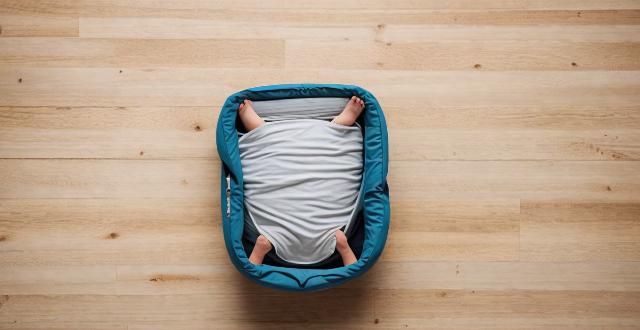Poor sleep can negatively impact endurance sports performance by decreasing athletic performance, impairing cognitive function, increasing the risk of injury, and elevating stress levels. Endurance athletes should prioritize getting enough high-quality sleep each night to optimize their physical and mental abilities while reducing their risk of injury and illness.

The Effects of Poor Sleep on Endurance Sports
Endurance sports, such as running, cycling, and swimming, require a high level of physical fitness and mental focus. However, poor sleep can have negative effects on both physical and mental performance in endurance sports. In this article, we will discuss the various ways that poor sleep can impact endurance athletes.
Decreased Athletic Performance
One of the most significant effects of poor sleep on endurance sports is decreased athletic performance. When an athlete does not get enough sleep or experiences poor-quality sleep, their body cannot recover properly from training sessions. This leads to fatigue, reduced energy levels, and decreased muscle strength and endurance. As a result, athletes may struggle to maintain their usual pace during training or competitions, leading to slower times and reduced overall performance.
Impaired Cognitive Function
Another effect of poor sleep on endurance sports is impaired cognitive function. Sleep plays a crucial role in memory consolidation, attention, and decision-making. When athletes do not get enough sleep or experience disrupted sleep patterns, they may struggle with concentration, reaction time, and decision-making skills. This can be particularly problematic for endurance athletes who need to make split-second decisions during races or navigate complex courses.
Increased Risk of Injury
Poor sleep can also increase the risk of injury in endurance sports. When an athlete's body is not well-rested, it becomes more susceptible to strains, sprains, and other injuries. Additionally, fatigued muscles are less capable of generating force and absorbing shock, which can lead to overuse injuries like stress fractures. Athletes who consistently get poor sleep may find themselves sidelined with injuries more frequently than those who prioritize restful sleep.
Elevated Stress Levels
Finally, poor sleep can lead to elevated stress levels in endurance athletes. Lack of sleep has been linked to increased cortisol levels (a hormone associated with stress) and decreased production of growth hormone (which helps with tissue repair and recovery). This can create a vicious cycle where poor sleep leads to higher stress levels, which then further disrupts sleep patterns. Chronic stress can also negatively impact immune function and overall health, potentially leading to illnesses that could sideline an athlete from training or competition.
In conclusion, poor sleep can have numerous negative effects on endurance sports performance. To optimize their athletic abilities and overall health, endurance athletes should prioritize getting enough high-quality sleep each night. This may involve establishing regular sleep routines, creating a comfortable sleep environment, limiting caffeine and alcohol intake before bedtime, and seeking professional help if necessary. By making sleep a priority, endurance athletes can improve their physical and mental performance while reducing their risk of injury and illness.